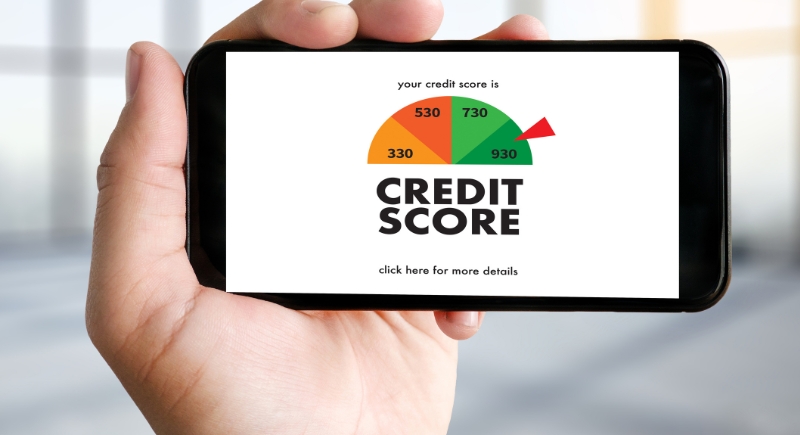7 Things Financial Experts Wish They Knew in High School
Most of us graduate knowing how to label a mitochondrion, but have no clue how credit cards work or what “APR” even stands for. For many financial experts, money lessons arrived painfully late. Had they known these strategies earlier, they could’ve been in a secure position much earlier on.
Learning the True Cost of Student Loans

Credit: Wikimedia Commons
Many experts regret how casually student debt was framed in their youth. It wasn’t explained how long repayment could drag on, or how interest piles up. Teens were encouraged to borrow without comparing alternatives or understanding future income. A little financial forecasting might have saved years of stress and steep monthly payments.
Budgeting Isn’t Just for People With Money

Credit: sitthiphong
One planner recalled thinking budgets were for people scraping by. It turns out that even high earners can feel broke if they don’t track their spending. High school classes covered stocks but skipped over food stamps, emergency rent help, or just figuring out how to stretch $40 over a week.
Why Compound Interest Matters in Your Teens

Credit: Getty Images
Even small amounts invested early can snowball. It could be something as small as leaving bakery paychecks idle in a savings account instead of putting $25 a month into a Roth IRA. If this began in high school, decades of compounding interest would have made a significant difference.
Cash Flow Awareness Changes Everything

Credit: Getty Images
Most people don’t spiral into debt with a single bad decision. It’s the slow creep of swipes and small oversights. Understanding cash flow builds control. Knowing what enters and exits your account each week can make a huge difference.
The Psychology Behind How You Spend

Credit: pixelshot
One overlooked lesson is the way your brain treats plastic versus cash. Swiping a card often feels less real, which can lead to unconscious overspending. Understanding these psychological patterns early could help develop healthier spending habits and avoid buyer’s remorse on recurring charges.
Credit Cards Aren’t Free Money

Credit: sitthiphong
Experts admit they misunderstood how interest works. Paying only the minimum due on a card seemed harmless until they realized how much of their payment was going toward interest rather than principal. A basic explanation of credit utilization, APR, and penalties would have kept many from early debt traps.
Comparing Career Paths Through a Financial Lens

Credit: Getty Images
Some experts wish they’d been shown income projections side-by-side with tuition costs. Watching classmates in trades out-earn them fresh out of high school was a wake-up call. Knowing how long it would take to break even on certain degrees might have reshaped what success looked like a lot earlier.
Credit Score 101

Credit: Getty Images
Many didn’t realize how early credit history starts influencing their lives. Missing a payment at 19 can raise car insurance premiums or block apartment applications at 25. It’s important to teach students about factors that shape a score and how to build credit responsibly with low-limit cards or secured loans.
Saving Goals Give Purpose to Frugality

Credit: Getty Images
Saving is easier when tied to something tangible. Teaching teens to set financial goals, even simple ones, is valuable. Whether it’s concert tickets or a used car, attaching meaning to money motivates better choices. The concept of delayed gratification feels less abstract with a sneaker fund in mind.
Understanding the Fine Print

Credit: Getty Images
Experts believe that training teens to question small text could’ve saved them from many frustrating (and costly) surprises. No one bothered to translate rental contracts or app subscriptions in school. That’s why many didn’t blink at auto-renewals or hidden late fees.
You Don’t Need a Fancy Job to Start Investing

Credit: Getty Images
There’s a myth that investing is only for the well-employed. Experts learned too late that you can start small and early, even without a company-sponsored retirement plan. Tools like individual Roth IRAs and low-fee ETFs are now easily accessible. Teens just need a little information and a nudge.
Debt Start Small

Credit: Getty Images
Missing a bill here or charging a little extra becomes destructive to your finances if it becomes routine. It’s important to be warned about how quickly debt can multiply. One missed payment can tank credit scores and raise future borrowing costs.
Direct Deposit Tricks That Work

Credit: Getty Images
A clever strategy many professionals swear by is splitting direct deposits between checking and savings accounts. Sending even 5% of each paycheck to a separate bank helps build savings passively. Since the money isn’t visible in your daily balance, you’re less tempted to spend it impulsively.
The Myth of the Linear Life Path

Credit: Getty Images
Teens often hear that college leads to a job, which leads to a house. But now we know it’s rarely that neat. Many spent years worried they were falling behind. A high school discussion about varied life paths and realistic financial milestones could have made transitions feel less like failures.
The Math Behind Taxes

Credit: Getty Images
Most adults wish they’d understood how taxes affect daily finances in high school. Learning how tax brackets work, what withholdings mean, or how to estimate self-employment taxes could’ve prevented early surprises. A class explaining how taxes interact with jobs, benefits, and even side gigs would’ve made adult life less confusing.